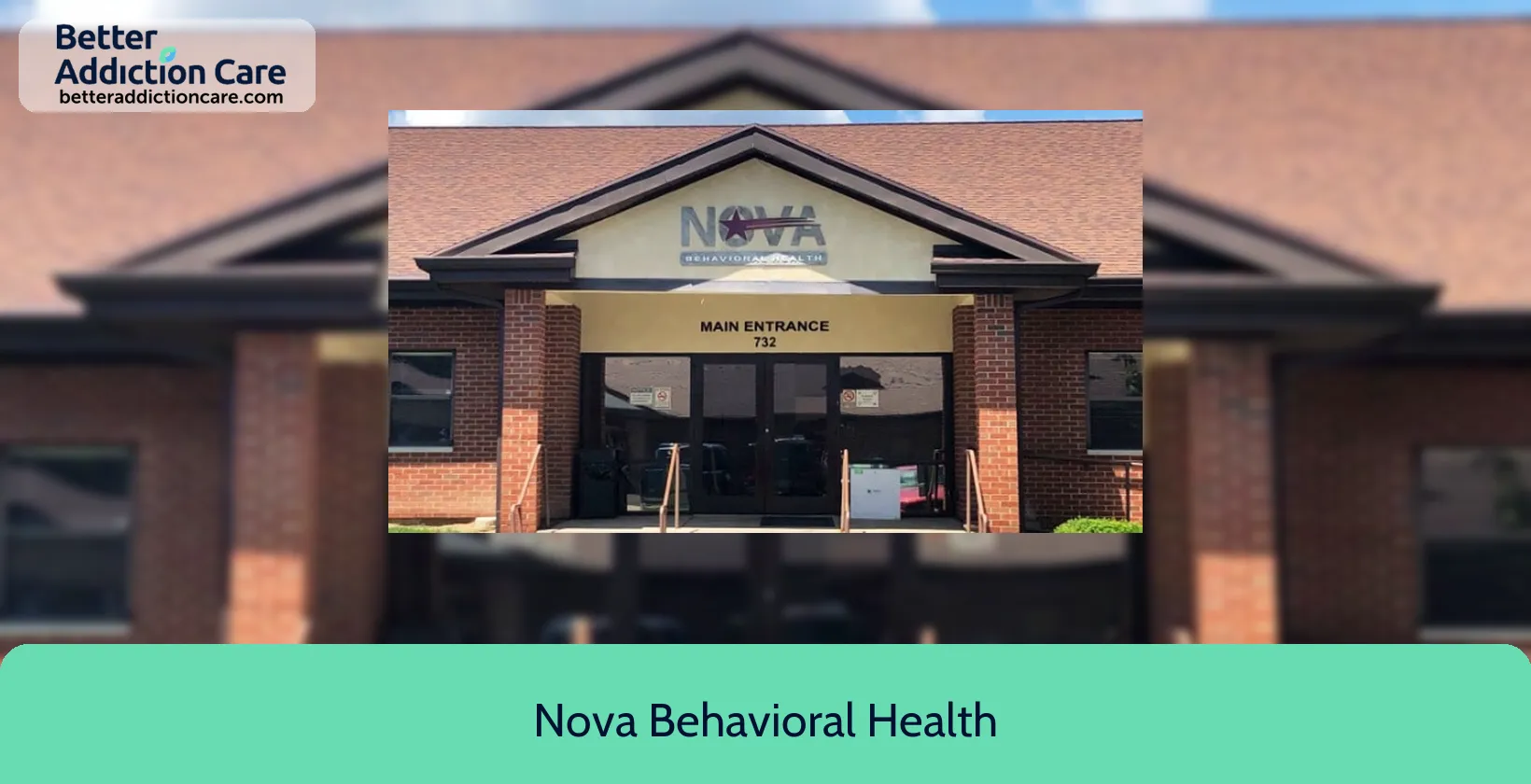Overview
Situated in Dayton, Ohio, Nova Behavioral Health is a top supplier of all-inclusive treatments related to drug, alcohol, and mental health. Nova Behavioral Health provides a continuum of care that includes outpatient therapies, residential treatment, and aftercare support, all with the goal of empowering people on their recovery journeys. Their goal is to support each individual in starting or resuming their journey toward recovery by giving them access to high-quality therapeutic treatment.
Adults 18 years of age and older are served by Nova Behavioral Health, which provides customized programs made to fit each client's particular need. The women's residential treatment program offers a secure and encouraging setting for women to discuss their drug misuse problems, including those who are pregnant or recently gave birth. With an average stay of 28 days, the program's goal is to empower and assist women as they navigate their own self-discovery processes and make the necessary adjustments to increase their sense of self-efficacy. It consists of at least thirty hours of weekly programming that includes trauma-informed care services, individual and group therapy sessions, and more. The program includes groups for women that address anger management, parenting, relapse prevention, coping skills, and healthy relationships.
Up to two children under the age of three may remain with their moms throughout treatment, according to Nova Behavioral Health policies for women who have children. While assistance and childcare are offered while the mother attends individual and group programs, the mother must be the children's primary caregiver and act as their custodian during the visit. At any one moment, the facility can house up to three youngsters.
The MorningStar track, provided by Nova Behavioral Health, is intended for those with low to no drug use issue and a significant mental health condition. This program requires participants to spend around 28 days at Nova's Heid Avenue location. The main goals are to stabilize the person's mental health and provide them with tools to help them continue to recover from mental health symptoms by leading healthy lifestyles.
With programs including inpatient detoxification, residential care for people with addiction disorders, mental health and dual diagnosis therapy, intense and routine outpatient treatments, and transitional housing, Nova Behavioral Health offers a comprehensive and tailored approach to treatment. Both inpatient and outpatient versions of treatment provide Medication-Assisted Treatment (MAT).
Nova provides Integrated Dual Disorder Treatment (IDDT), which treats drug use disorders and mental health issues concurrently, to those who have co-occurring illnesses. This strategy guarantees that each client receives complete treatment that is customized to meet their specific requirements.
Nova Behavioral Health, which is licensed by the State of Ohio, recognized by SAMHSA, and accredited by CARF, is committed to provide accessible, high-quality treatment that helps people achieve and maintain recovery. In addition to helping people on their recovery path, their mission is to support them in finding and interacting with healthy supports that will be essential to their continued process of healing.
Nova Behavioral Health at a Glance
Payment Options
- Cash or self-payment
- Medicaid
- Medicare
- State-financed health insurance plan other than Medicaid
- Private health insurance
Assessments
- Comprehensive mental health assessment
- Comprehensive substance use assessment
- Interim services for clients
- Screening for mental disorders
- Screening for substance use
Age Groups
- Seniors or older adults
- Young adults
- Adults
- Seniors
Ancillary Services
- Case management service
- Court-ordered outpatient treatment
- Supported housing
- Mental health services
- Social skills development
Highlights About Nova Behavioral Health
7.40/10
With an overall rating of 7.40/10, this facility has following balanced range of services. Alcohol Rehabilitation: 8.00/10, Drug Rehab and Detox: 8.15/10, Insurance and Payments: 6.00/10, Treatment Options: 7.46/10.-
Drug Rehab and Detox 8.15
-
Alcohol Rehabilitation 8.00
-
Treatment Options 7.46
-
Insurance and Payments 6.00
Accreditations
State mental health department:
State mental health department accreditation refers to the process of evaluating and certifying the quality and standards of a state's mental health department, ensuring that it provides high-quality services and meets specific criteria for mental health care. The accreditation process is performed by a third-party organization and helps to improve the overall care and treatment of individuals with mental health conditions.
Commission on Accreditation of Rehabilitation Facilities (CARF):

CARF accreditation is a globally recognized certification for rehabilitation and human service organizations. It signifies that an organization meets high-quality standards and is committed to providing top-level care. Achieving CARF accreditation involves a rigorous evaluation process, including on-site surveys. This accreditation enhances an organization's reputation, instills trust in clients and funders, and encourages ongoing excellence in the field.
Registration: 201158
SAMHSA certification for opioid treatment program (OTP):
SAMHSA's Opioid Treatment Programs (OTP) accreditation is a prestigious recognition that signifies a program's compliance with stringent standards and guidelines established by the Substance Abuse and Mental Health Services Administration (SAMHSA). This accreditation demonstrates an OTP's commitment to providing high-quality, evidence-based care for individuals struggling with opioid use disorder (OUD). It serves as a trusted symbol of accountability and excellence, assuring patients, families, and communities that the OTP offers safe, effective, and comprehensive treatment options for OUD.
State department of health:

Government agencies issue State Licenses, granting rehabilitation organizations permission to operate their businesses legally within specific geographic regions. The licenses needed for legal operation are typically determined by the type of rehabilitation program offered by a facility and its physical location.
Treatment At Nova Behavioral Health
Treatment Conditions
- Alcoholism
- Mental health treatment
- Substance use treatment
- Co-occurring Disorders
- Opioid Treatement
Care Levels
- Hospital inpatient treatment
- Outpatient
- Short-term residential
- Long-term residential
- Residential detoxification
Treatment Modalities
- Individual psychotherapy
- Cognitive behavioral therapy
- Dialectical behavior therapy
- Integrated Mental and Substance Use Disorder treatment
- Telemedicine/telehealth therapy
Ancillary Services
Languages
- Sign language services for the deaf and hard of hearing
Additional Services
- Pharmacotherapies administered during treatment
- Mentoring/peer support
- Breathalyzer or blood alcohol testing
Special Programs
- Clients with co-occurring mental and substance use disorders
- Veterans
- Active duty military
- Members of military families
- Criminal justice (other than DUI/DWI)/Forensic clients
Get Help Now
Common Questions About Nova Behavioral Health
Contact Information
Other Facilities in Dayton
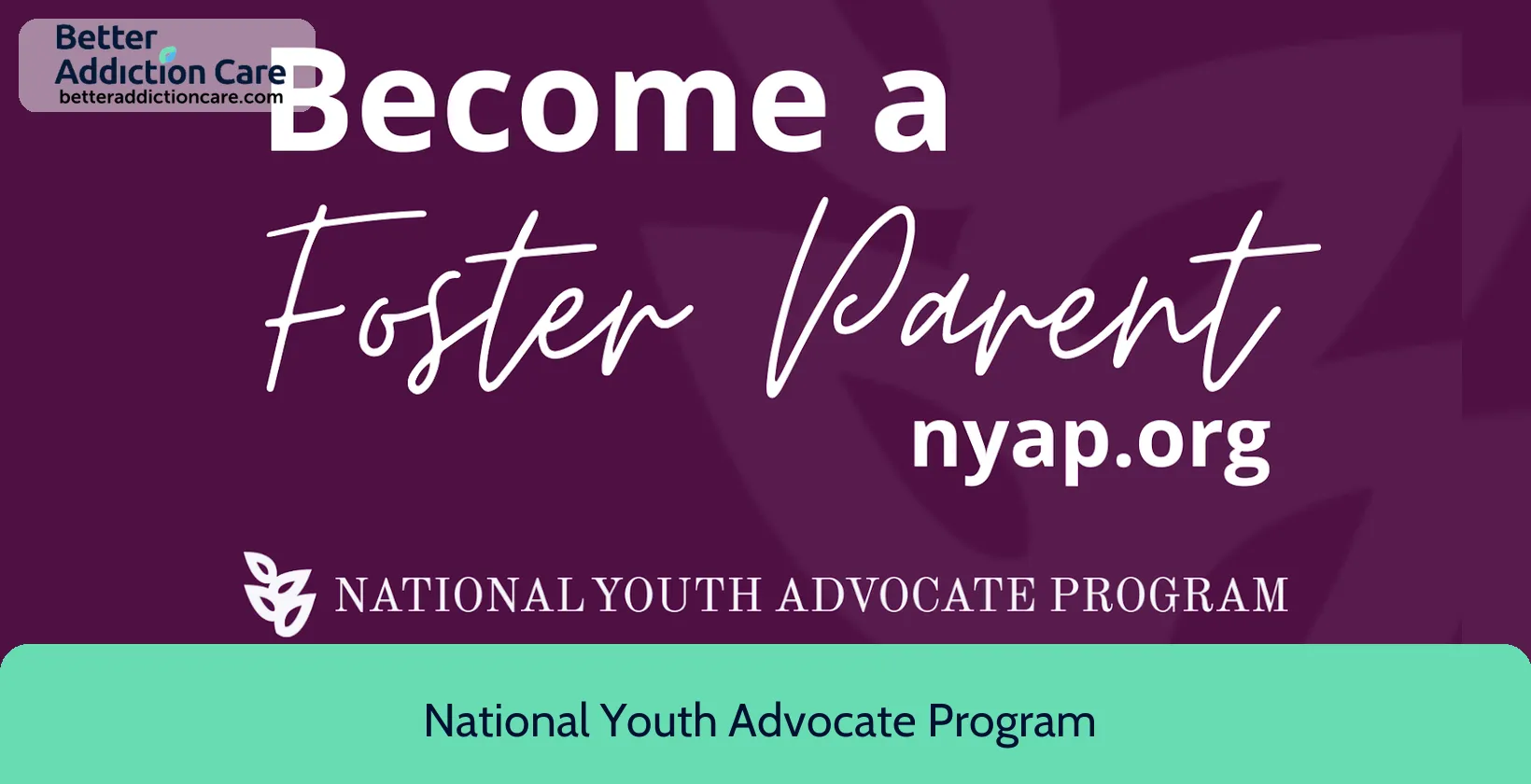
6.74
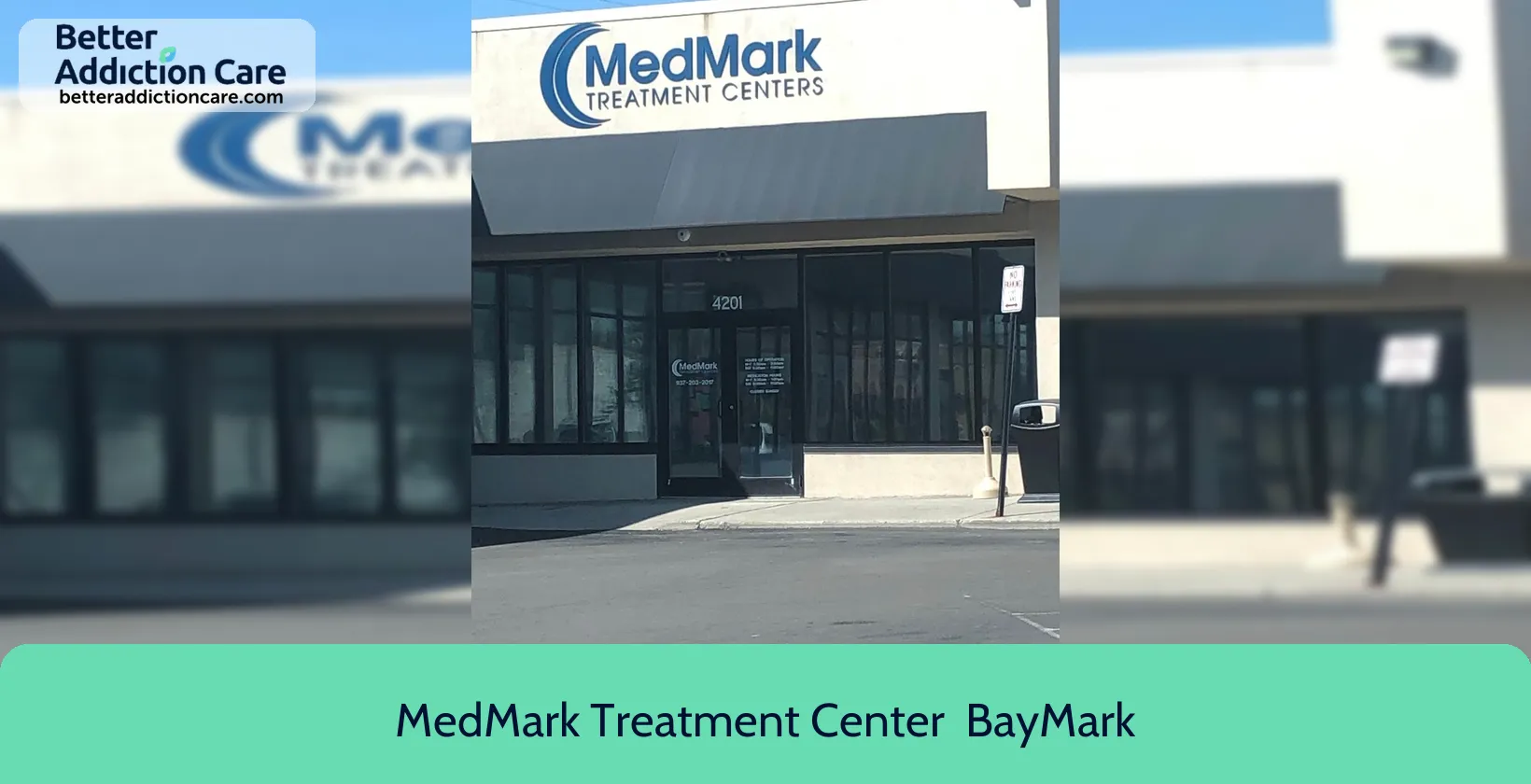
7.05
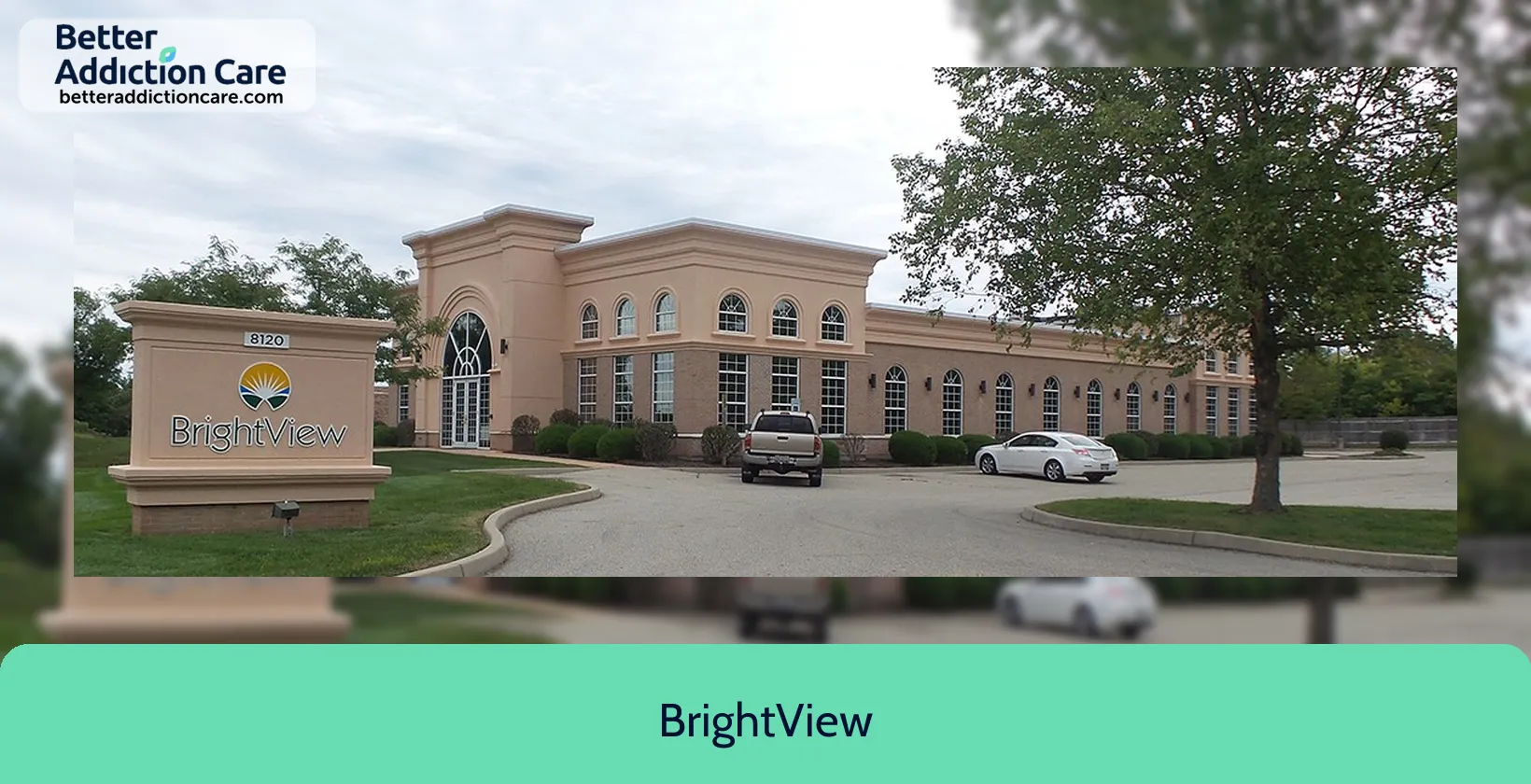
7.53
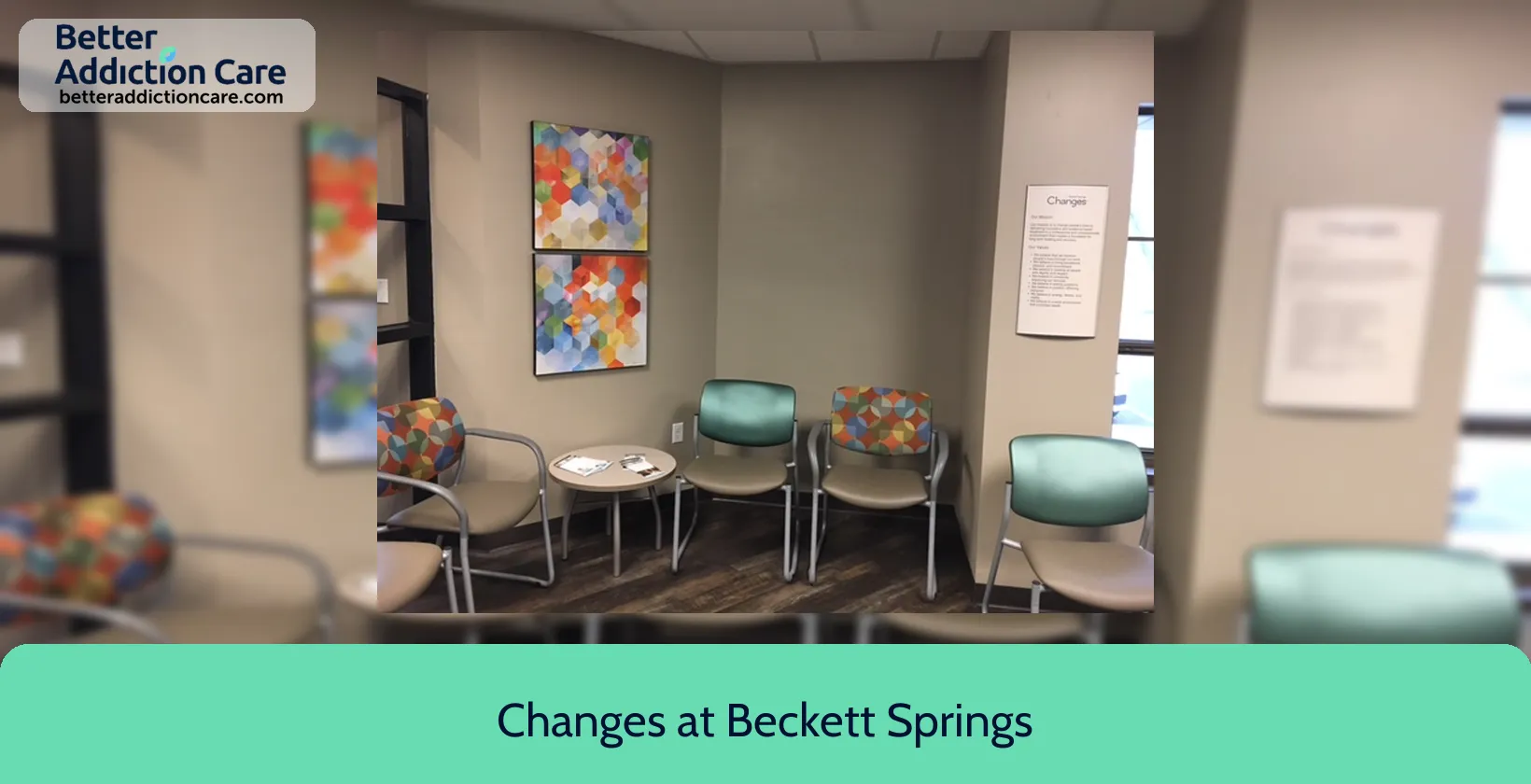
6.71
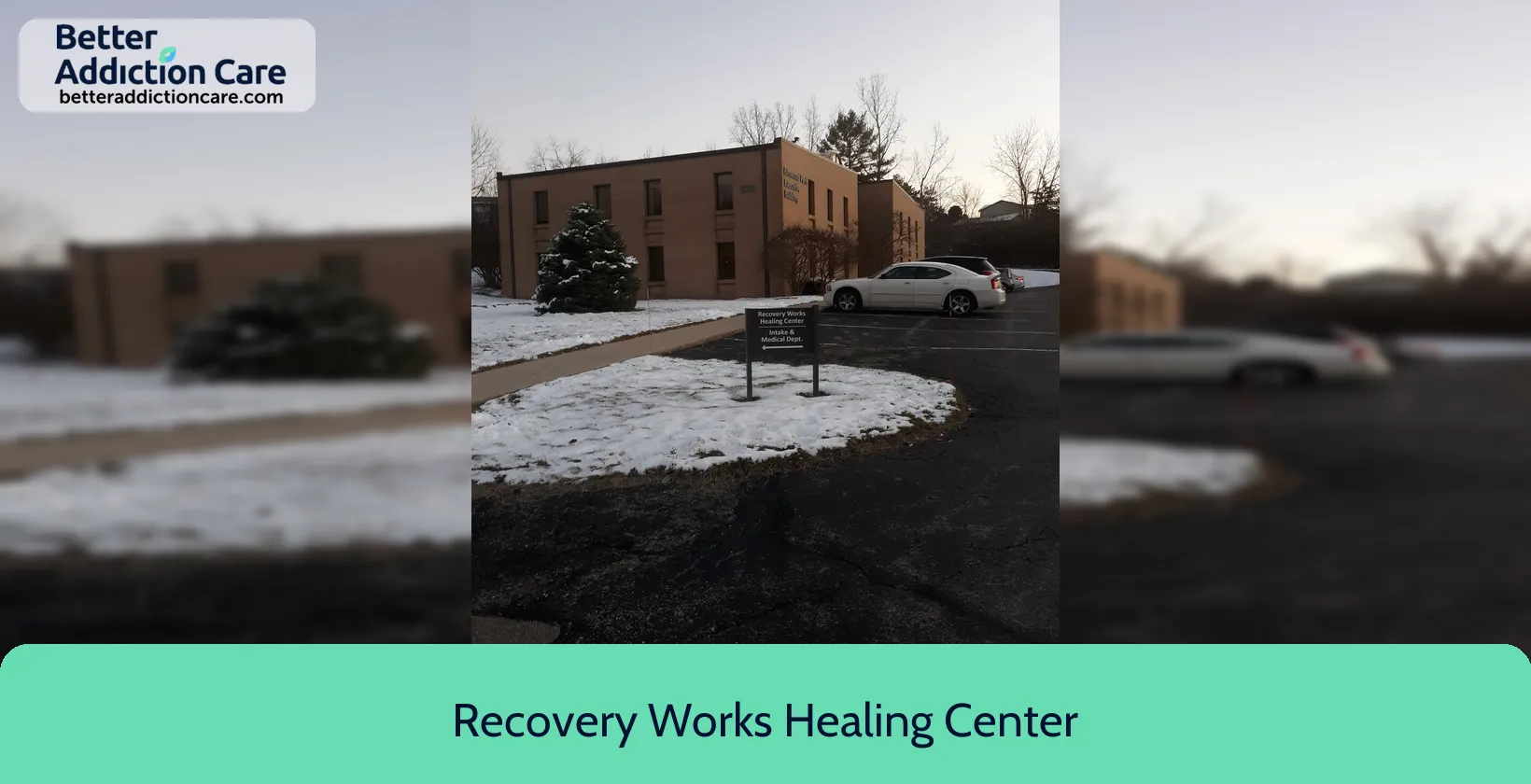
6.68
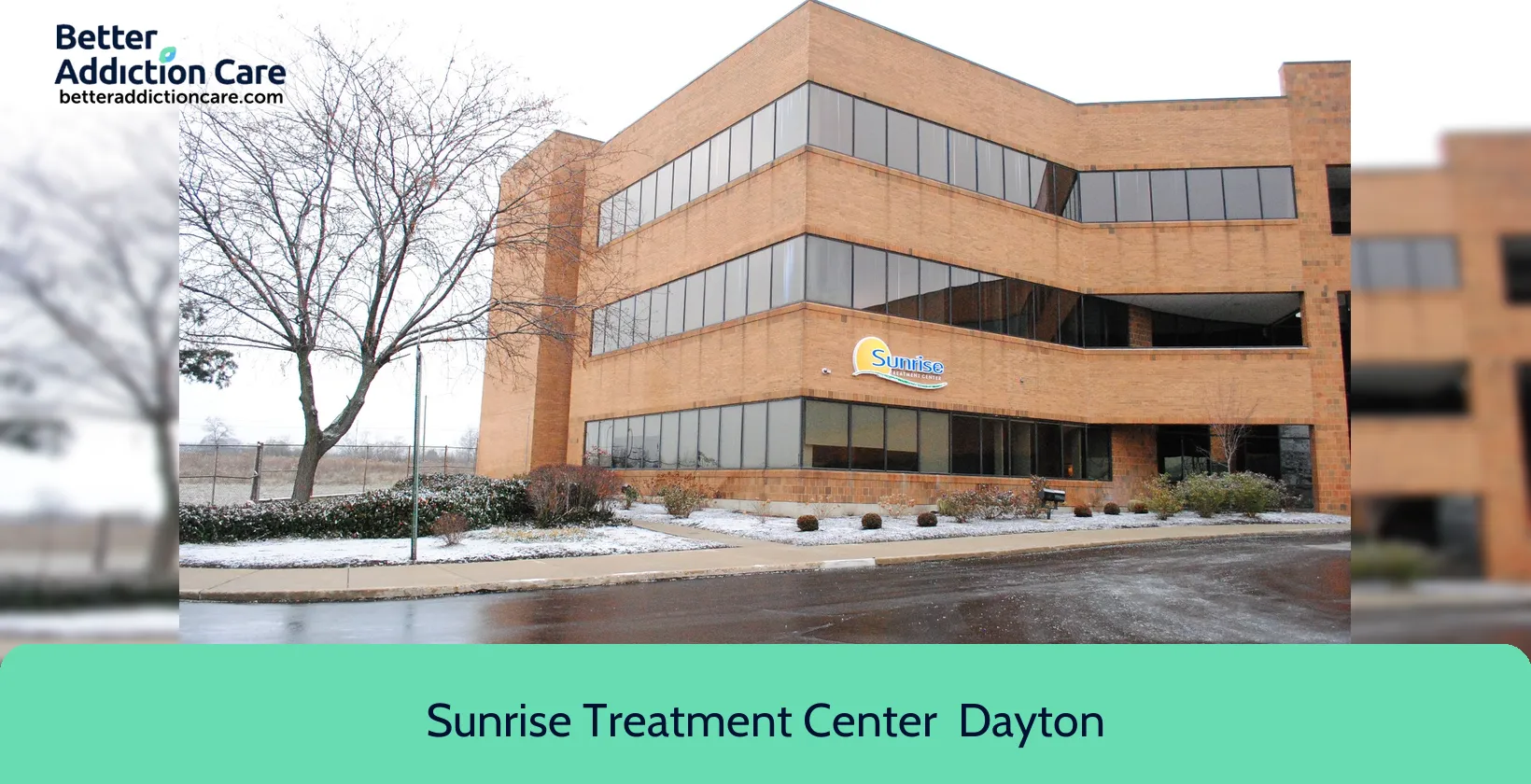
7.54
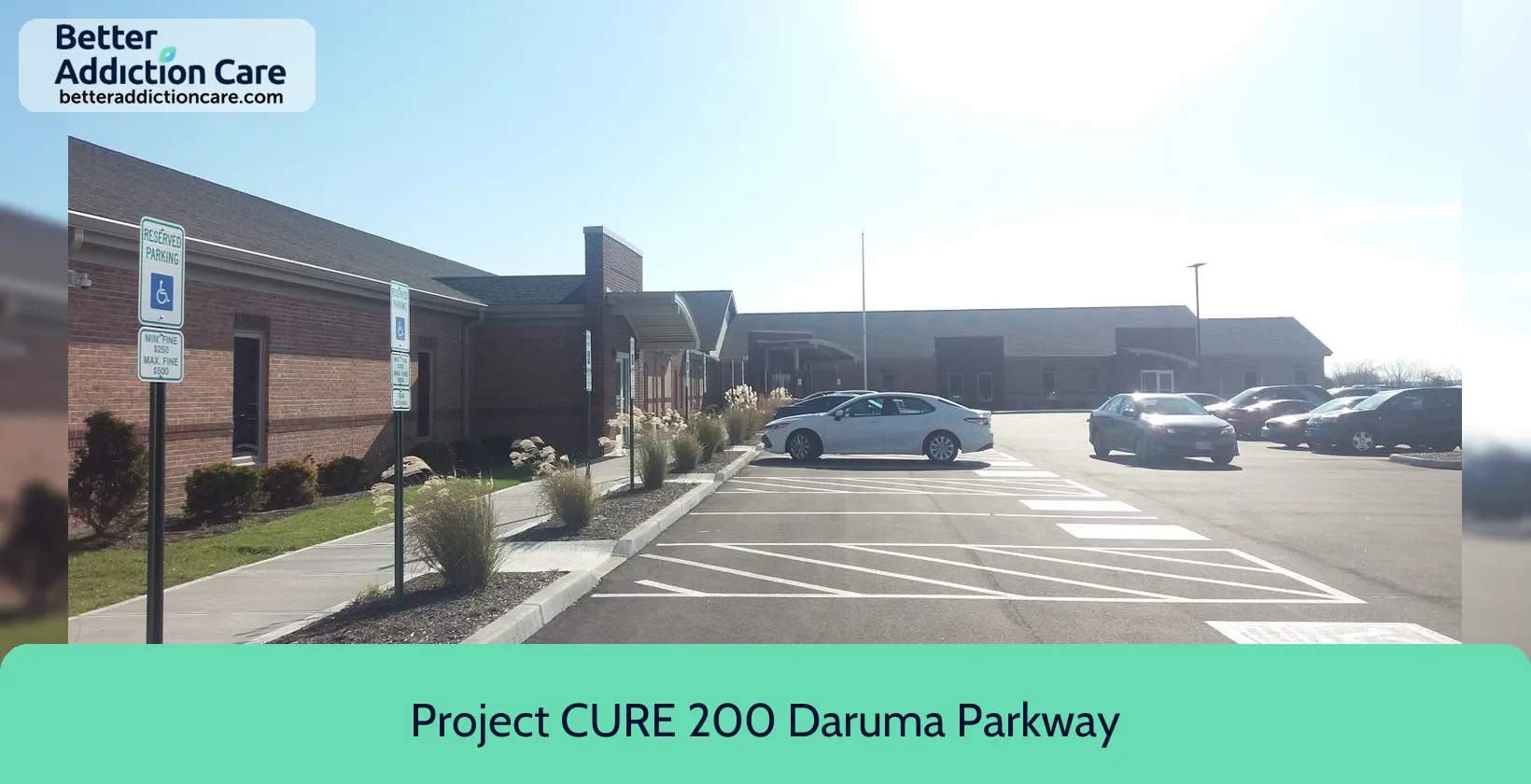
6.93
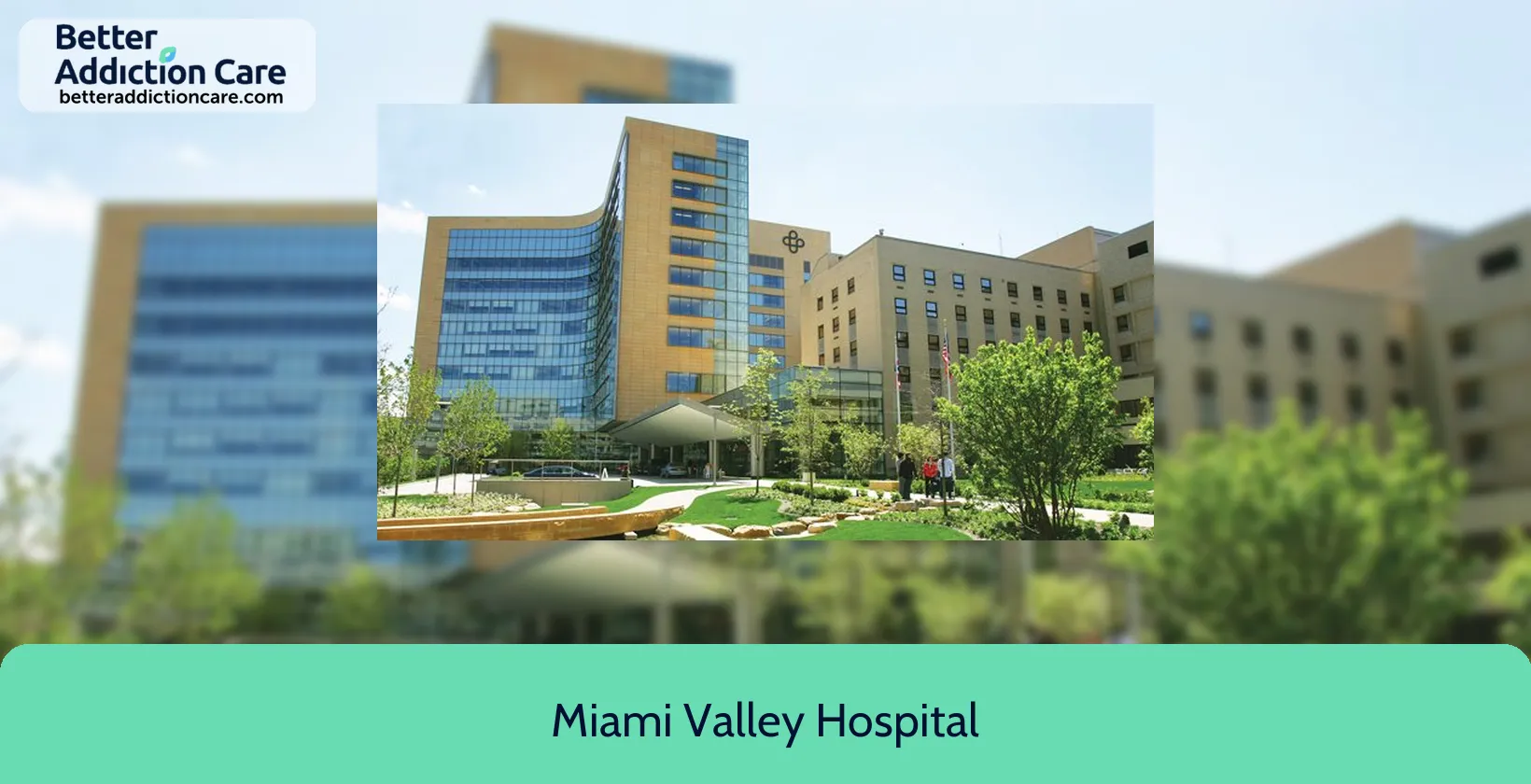
6.71
DISCLAIMER: The facility name, logo and brand are the property and registered trademarks of Miami Valley Hospital, and are being used for identification and informational purposes only. Use of these names, logos and brands shall not imply endorsement. BetterAddictionCare.com is not affiliated with or sponsored by Miami Valley Hospital.
